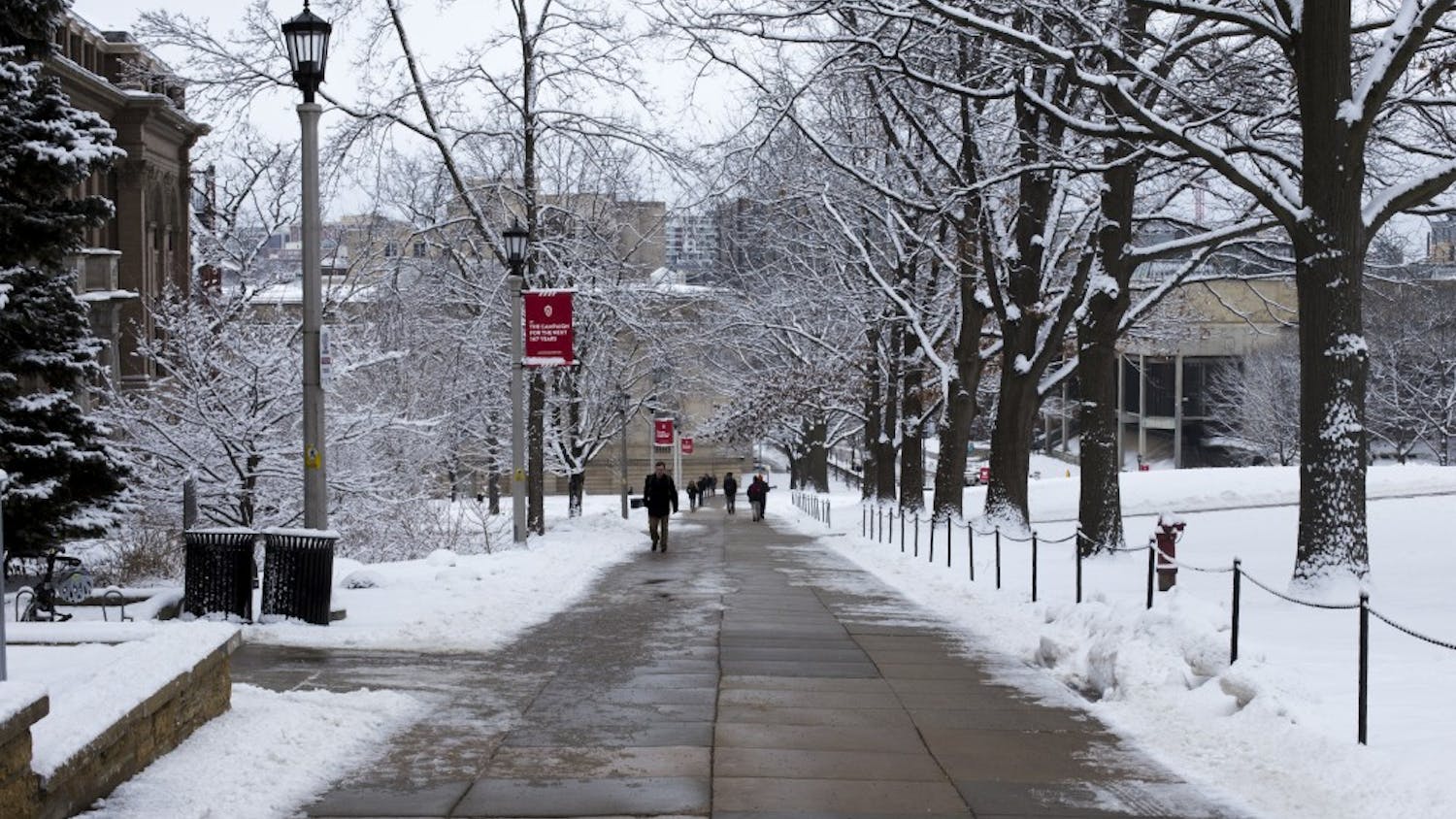I end my weekly columns by inviting readers to e-mail me their science questions, and I've gotten some good ones recently: What exactly is gravity and where does it come from? How did they measure the speed of light?
I've also gotten creative, not-really-science questions that are equally intriguing: Given that police were worried about people throwing glass beer bottles, why don't breweries sell beer in plastic bottles like soft drink bottlers do? And why did people in really old black-and-white photos never smile?
Fine questions all, and they'll be answered in due time. But since today is E-Day, I'll answer two questions that pertain more to the social and political sciences than to the natural and physical sciences.
Why is the voting age 18?
Isn't it arbitrary to say an 18-year-old is qualified to vote? How did the government decide 18 was the magic number?
History records many instances where privileges and rights were conferred based on age. In medieval Europe, boys from middle-class families would be apprenticed at adolescence, around 14, a process that took seven years. So 21 became the age of official adulthood, a concept that survived even in the United States through the early 20th century.
But during World War II, people began to protest that boys could be drafted at age 18, even though they couldn't vote until age 21. How could the government argue these men were old enough to die for their country but not be old enough to have a voice in their democracy? So in 1943 Georgia lowered its voting age to 18 in state and local elections, choosing 18 to match the draft age.
Public outcry against the voting age became more vocal during the Vietnam conflict, a war to which there was far more opposition. But still, the government did not act.
Meanwhile, 35 other countries lowered their voting ages to 18. So in 1970, Congress extended the 1965 Voting Rights Act, adding a provision that 18-year-olds could vote in federal and state elections. But the Supreme Court declared later that year that the Constitution did not explicitly give the federal government authority to dictate voting policies of states. So Congress gave itself the authority with the 26th Amendment, which gave 18-year-olds the right to vote in state elections. The amendment was ratified in four months, the least amount of time for any amendment to be ratified.
This now begs the question: does it still make sense for 18 to be the magic age? Someone who has a job at age 16 pays taxes but has no say in how that money should be spent. Shouldn't 16-year-olds have the right to vote?
So argues ASFAR, Americans for a Society Free from Age Restrictions, a non-profit organization that argues a government-imposed distinction between a child and adult is necessarily arbitrary, hence unjustified.
According to its Web site, ASFAR contends that \[a]lternatives to the voting age could include some kind of voting test, a requirement of legal emancipation, or voting rights upon employment, among others.""
It's an idea that might gather steam if this year's election is so chaotic and alienates so many people that younger teenagers demand to add their voices to the hullabaloo.
What is a commonwealth?
A reader heard a TV analyst say Kentucky, Massachusetts, Pennsylvania and Virginia are commonwealths, not states. She asks what the difference is.
The answer is, not much - these four states just wanted to be defiant.
As David Feldman, author of ""How Does Aspirin Find a Headache?"" tells the story, a state is generally defined as ""a discrete political unit that has a fixed territory and a government with legal or political sovereignty over it.""
Social philosopher Thomas Hobbes argued that a government should work for the ""common weal,"" or welfare, of those it governs. These four states named themselves commonwealths, not to distinguish themselves from other states, but to draw a bold distinction between themselves and the English monarchy. Throughout their state constitutions, they refer to themselves as both states and commonwealths, leading historians to believe they had no reason to eschew the title of ""state.""
However, when each of these states asserted its sovereignty, it chose its own name. For example, the Massachusetts Constitution declares that its people form a free body-politic ""by the name of the commonwealth of Massachusetts.""
So while a state and a commonwealth are identical, technically it is incorrect to refer to any of these commonwealths as states.
Dinesh Ramde is a graduate student in journalism. Got a question about the world you'd like to see answered here? Send it to dramde@wisc.edu.





